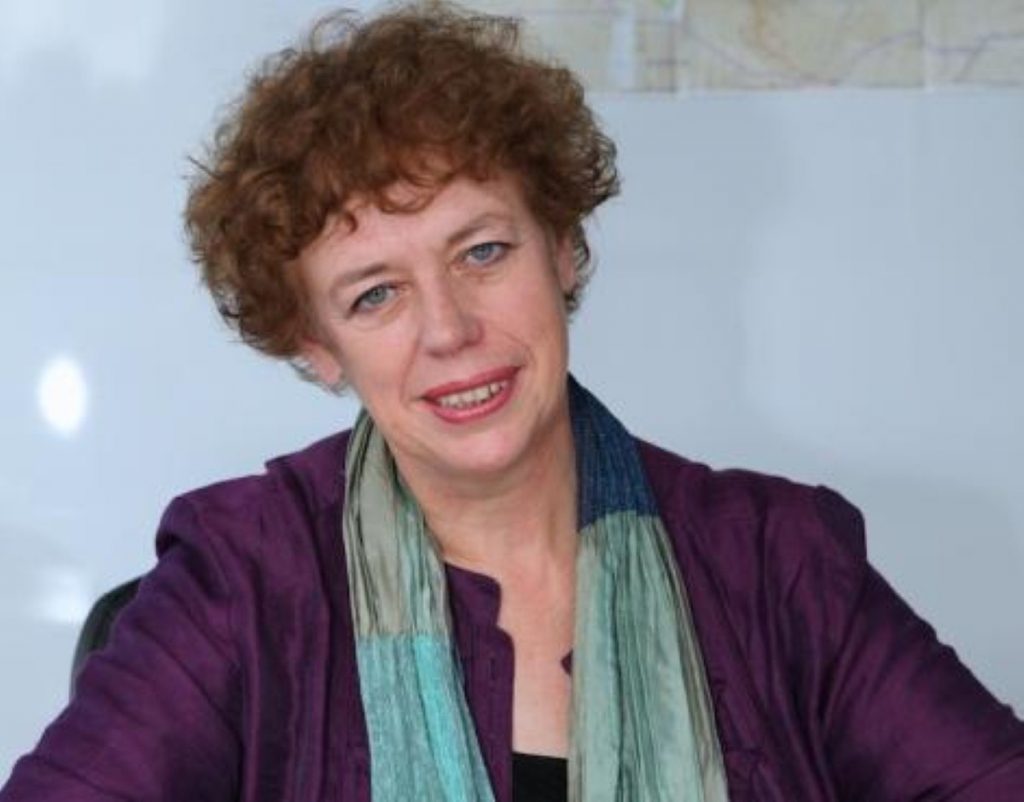Comment: Criminalisation alone won’t end forced marriages
By Marie Staunton
Political parties of every persuasion are supporting the government's vigorous stance in the UK on the early, forced marriage of children. From next year, it will be a criminal offence to force someone to marry against their will in England and Wales – and rightly so. Since 1948, forced marriage has been recognised by the UN as a human rights abuse and Plan UK is part of a global campaign to stop it. A girl forced into marriage is more likely to drop out of school, have a difficult childbirth and be a victim of domestic violence.
However, criminalisation alone simply won't stop this practice. If we really want to end forced marriage our focus must not be on legislation at the expense of prevention.
The government has made a welcome start with its pledge of an extra £500,000 of funding to help identify and support those affected by forced marriage – in clear recognition that prosecution is understood to be just a part of the solution. Nevertheless, we need to ensure this investment goes as far as possible and has the greatest impact.


Schools, for instance, are on the front line of forced marriage prevention – but they have historically shied away from grappling with what is often viewed as an extremely 'sensitive' issue. Meanwhile, every year, hundreds of British girls are being taken out of class and flown abroad to be married to men who may be two or three times their age.
The government has shown moral and political leadership on early and forced marriage in the Commonwealth. Whether it happens here or overseas, forced marriage is a human rights violation and has a devastating impact on a girl's education, health and future. Of the 20 countries around the world with the highest rates of child marriage, 12 are in the Commonwealth. At the Commonwealth Heads of Government Meeting (CHOGM) in October last year, the prime minister pressed for a commitment by all Commonwealth countries to act to end early and forced marriage, and he secured it.
And the prime minister and the international development secretary, Andrew Mitchell, are hosting a family planning summit this summer in conjunction with the Bill and Melinda Gates Foundation. They have a clear understanding that combating early and forced marriage can help delay pregnancy and thus reduce rates of maternal and infant mortality.
What we need now is for the high political rhetoric of summits to be matched by practical action, including more and better joined-up working across Whitehall, to prevent child marriages.
Ultimately, forced marriage is not a party political issue.
But politicians have played a crucial role in exposing, and in beginning to address, an all too often hidden violation of a girls' rights and the denial of her future health, wellbeing and happiness.
Marie Staunton is chief executive of children's charity Plan UK
The opinions in politics.co.uk's Comment and Analysis section are those of the author and are no reflection of the views of the website or its owners.












